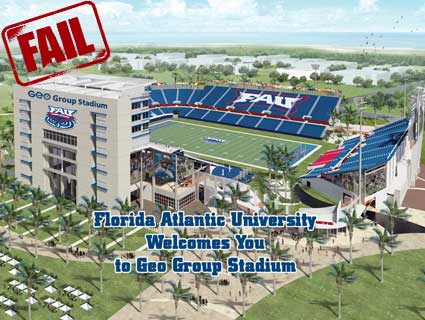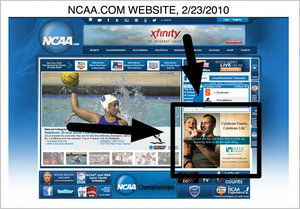Nearly four years ago, former University of California-Los Angeles basketball star Ed O’Bannon sued (PDF) the National Collegiate Athletic Association and trademark and licensing firm Collegiate Licensing Co. for using his likeness in video games, TV shows, and a variety of other media—all without paying him. O’Bannon had signed a waiver granting the NCAA permission to use his image before starting his career at UCLA, but he argued that the NCAA had violated antitrust laws in partnering with CLC and others to keep student-athletes from getting paid.
Today, the case comes to a major crossroads as a federal judge hears arguments on whether to certify current and former college athletes as a class—a decision that could lead to an enormous restructuring of college sports as we know them.
Law professor Michael McCann has more on the legal issues at play over at SI.com. As it stands, US District Judge Claudia Wilken has three options following today’s hearing: to deny class certification, to certify the class for former players only, or to certify the class for current and former players.
If Wilken doesn’t certify the class, then individual athletes would have to sue the NCAA; if she certifies it for former players only, the NCAA could survive what would be a pretty sizable settlement. But if Wilken includes current players in class certification, argues Sports Illustrated‘s Andy Staples, then all hell could break loose for the NCAA:
This is the one over which all those attorneys have salivated. Bringing in current players means bringing in current TV deals. All those contracts with ESPN and Fox that the major conferences nearly tore themselves to pieces over? They’d be in play. Conference networks for the Big Ten, Pac-12 and SEC? They’d be in play. McCann writes that this option probably would induce a settlement, but I’m not so sure. Bringing all these elements into the mix would cause a severe spike in the price of a settlement. Had the NCAA and conferences gone to the plaintiffs after the January ruling and offered to set aside a modest cut of the annual profits for athletes—payable upon graduation—the plaintiffs probably would have settled. If this happens? The plaintiffs will ask for the moon.
To understand what “asking for the moon” could mean, here’s a handy infographic showing how big a business the nonprofit NCAA has become:
















